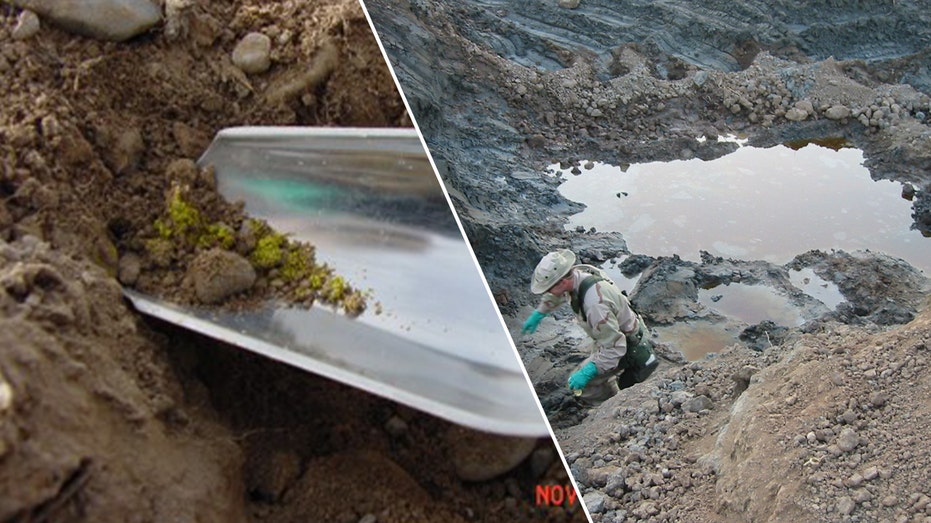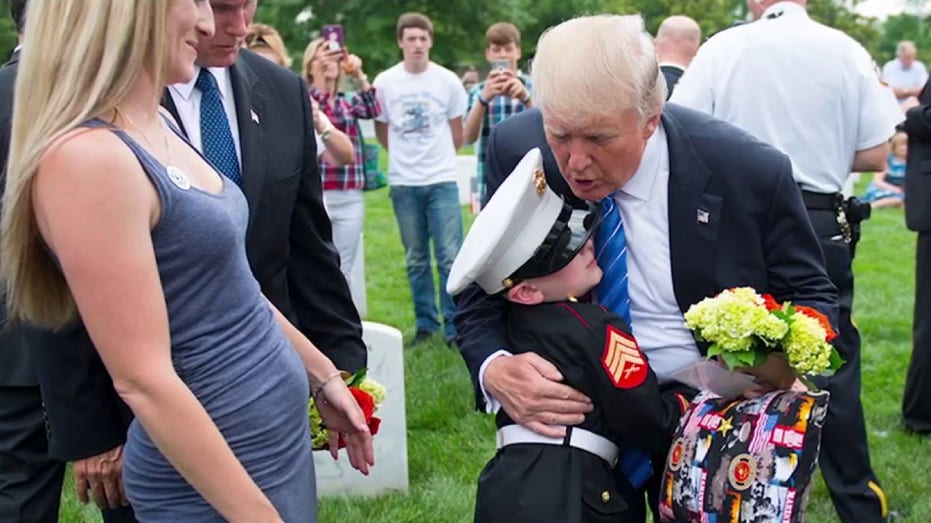K2 Veterans Fight for Care 20 Years After Toxic Uzbekistan Base Exposure

Sarah Johnson
May 26, 2025
Brief
K2 veterans face rare cancers and inadequate care 20 years after serving at a toxic U.S. base in Uzbekistan.
Two decades after the U.S. military shuttered its Karshi-Khanabad Air Base (K2) in Uzbekistan, veterans who served there are battling for proper medical care, haunted by the toxic legacy of a base dubbed a "death sentence" by some. Once a critical hub for U.S. operations post-9/11, K2 was a toxic nightmare, with yellowcake uranium seeping from the soil, jet fuel poisoning the ground, and chemical fumes from old Soviet rocket bunkers lingering in the air.
Army specialist Matthew "Nick" Nicholls, who assessed K2’s environmental hazards, described it as "the most toxic soup" any service member has faced. His team flagged dangers early, urging measures like gravel to curb toxic dust. Some advice was heeded; much was ignored. Now, veterans report rare cancers, reproductive issues, and sudden deaths—ailments striking far too young. "These aren’t normal cancers for people in their 20s and 30s," Nicholls said, mourning friends dying from aggressive diseases.
Over 15,000 troops and contractors cycled through K2 between 2001 and 2005, many now struggling to secure adequate care from the Department of Veterans Affairs (VA). While the VA acknowledges potential exposures, its initial studies downplay definitive links to K2 service. Rep. Mark Green, a physician and Army veteran, calls this unacceptable. His 2021 amendment to the National Defense Authorization Act demanded a thorough Pentagon study, yet four years later, it remains unfinished. "This is unjust," Green told WTFNewsRoom, pushing for answers to ensure veterans get the care they deserve.
In 2024, the VA eased disability access for K2 veterans, but advocates, including Green, argue it’s not enough. Proposed legislation aims to cement links between K2’s toxins—like depleted uranium and burn pit chemicals—and diseases like cancer. Without specific inclusion in laws like the PACT Act, K2 veterans feel forgotten. "Bureaucrats have agendas," Green said, vowing to ensure these heroes aren’t left behind.
Topics
Editor's Comments
K2’s toxic soup sounds like a bad sci-fi flick, but these veterans are living the sequel—fighting cancer and VA red tape. Why’s the Pentagon dragging its boots on this study? Maybe they’re hoping the paperwork gets lost in Uzbekistan’s dust.
Like this article? Share it with your friends!
If you find this article interesting, feel free to share it with your friends!
Thank you for your support! Sharing is the greatest encouragement for us.



